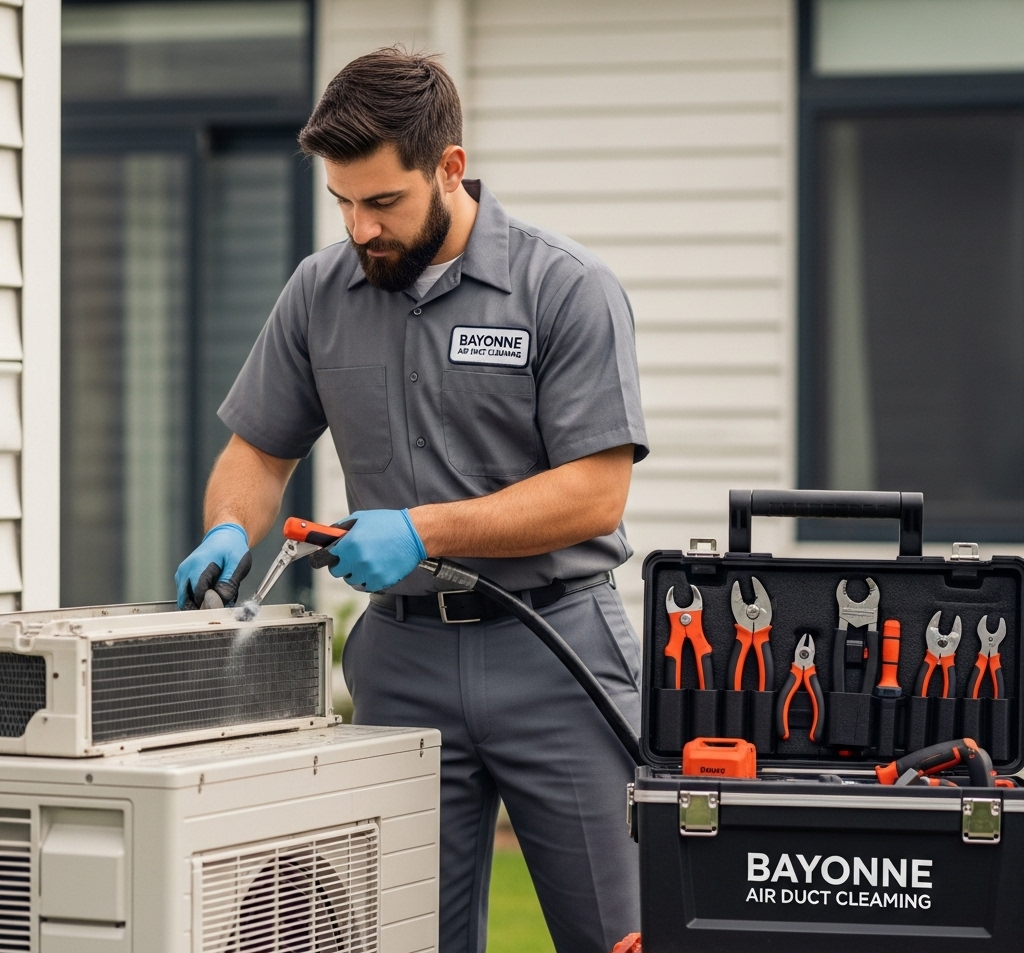Why Air Quality Inspections Matter: Protecting Your Health and Home
Air quality plays a crucial role in maintaining a healthy living environment. With increasing concerns over pollution, allergens, and toxins, ensuring good indoor air quality has become more important than ever. Air quality inspections provide valuable insights into the presence of harmful contaminants in homes and workplaces, helping to mitigate health risks and structural damage. This article explores why air quality inspections are essential and how they contribute to protecting both your health and your home.
Understanding Air Quality Inspections
Air quality inspections involve a thorough assessment of indoor air to identify pollutants such as mold, dust mites, volatile organic compounds (VOCs), carbon monoxide, and other hazardous substances. Certified professionals use specialized tools and techniques to measure air quality levels and provide recommendations for improvement. These inspections can be conducted in residential homes, offices, schools, and other indoor spaces to ensure a safe environment.
Health Risks Associated with Poor Air Quality
Poor indoor air quality can lead to a variety of health issues, ranging from minor irritations to severe chronic conditions. Some of the common health risks include:
- Respiratory Problems – Exposure to pollutants such as dust, mold spores, and pet dander can trigger asthma, bronchitis, and other respiratory conditions.
- Allergic Reactions – Allergens like pollen and dust mites can cause sneezing, congestion, and skin irritations.
- Headaches and Fatigue – Poor air quality, especially due to carbon monoxide or VOCs, can lead to dizziness, fatigue, and headaches.
- Serious Long-Term Effects – Long-term exposure to pollutants like radon and asbestos has been linked to severe health conditions, including lung cancer and cardiovascular diseases.
Regular air quality inspections help detect these harmful elements before they pose significant health risks.
Protecting Your Home from Airborne Contaminants
Beyond health concerns, poor indoor air quality can also have a detrimental impact on your home’s structure and overall environment. Issues that may arise due to poor air quality include:
- Mold Growth: High humidity levels and poor ventilation create a perfect breeding ground for mold, which can weaken walls, ceilings, and flooring.
- Damage to HVAC Systems: Accumulated dust and debris can strain heating and cooling systems, leading to inefficiencies and costly repairs.
- Odors and Stale Air: Poor ventilation can cause persistent odors, making the living space uncomfortable.
- Deterioration of Furniture and Surfaces: Certain pollutants and high moisture levels can accelerate wear and tear on furniture, walls, and upholstery.
When to Get an Air Quality Inspection
It is advisable to conduct air quality inspections in various situations, including:
- After Water Damage – Flooding or leaks can increase mold growth and musty odors.
- Before Moving into a New Home – Ensuring good air quality before settling in can prevent future health issues.
- Experiencing Unexplained Health Symptoms – If you or your family members frequently suffer from allergies, headaches, or respiratory issues, an inspection may help pinpoint the cause.
- Regular Maintenance Checks – Conducting periodic inspections can help maintain a healthy indoor environment and prevent potential hazards.
Related Article: How to Test for Mold, Radon, and Other Hidden Indoor Air Threats
Steps to Improve Indoor Air Quality
Once an air quality inspection is completed, professionals may suggest various measures to improve indoor air quality. Some effective steps include:
- Improving Ventilation: Ensure proper airflow by opening windows, using exhaust fans, and maintaining HVAC systems.
- Using Air Purifiers: High-quality air purifiers can help remove allergens, bacteria, and other pollutants.
- Reducing Indoor Pollutants: Limit the use of chemical-based cleaning products, avoid smoking indoors, and use eco-friendly materials.
- Maintaining Proper Humidity Levels: Using dehumidifiers can prevent mold growth and maintain a balanced indoor environment.
- Regular Cleaning: Dusting, vacuuming, and changing air filters regularly can significantly reduce airborne contaminants.
Conclusion
Air quality inspections near me are a critical step in ensuring a healthy and safe indoor environment. By identifying and addressing potential air pollutants, homeowners can protect their families from health risks while also maintaining the integrity of their homes. Whether you are moving into a new house, experiencing unexplained health symptoms, or simply want to ensure your indoor air is clean, investing in air quality inspections is a wise decision. Taking proactive steps to improve indoor air quality can lead to better health, increased comfort, and a longer-lasting home.













Post Comment